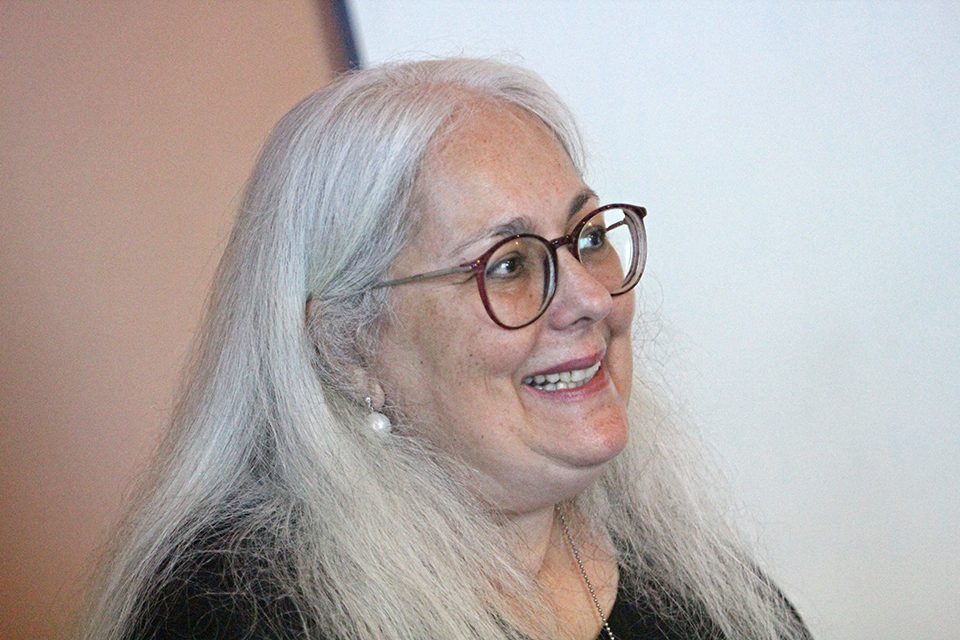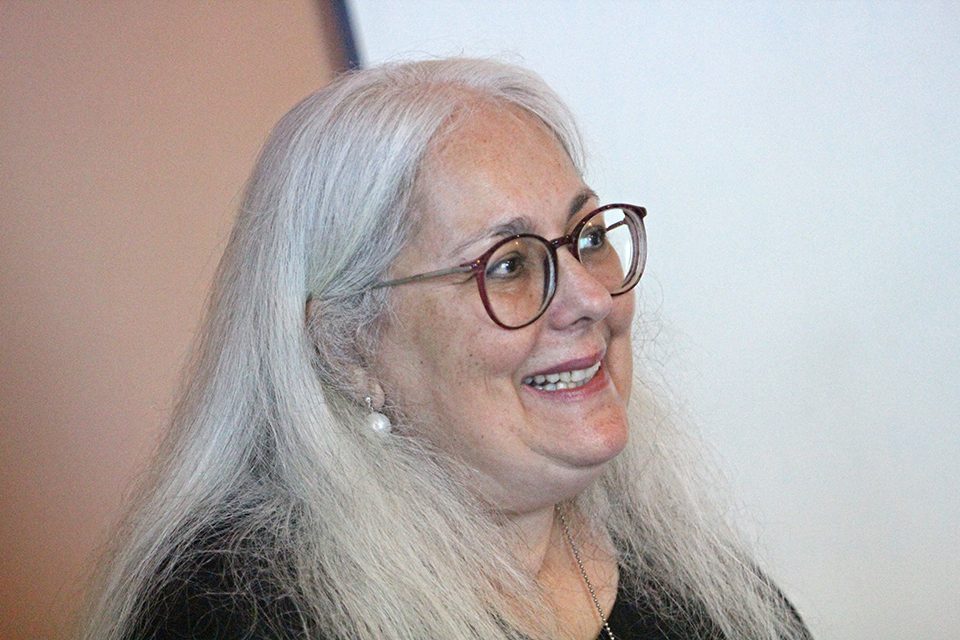
Virginity has been considered sacred across almost all cultures, but in the United States it’s not a matter that holds the weight of life or death. This is why Professor Nilufer Medora’s field lab was such a memorable experience. Her students were faced with a reality that is quite different from their own.
Dr. User is a professor of sociology and psychology at Marmara University in Istanbul. She joins the class to discuss virginity and hymen reconstruction as it relates to Medora’s psychology class called Life Span Human Development: Birth Through Adolescence.
As User describes the history of woman’s rights she begins to speak on the middle eastern concepts of honor. She mentions the sordid nature of honor killings and honor suicides in Turkey that are still happening today. She stops and asks the students, what honor means to them.
The students generally describe honor as living up to their own expectations concerning their own moral principles. Dr. User explains that this type of answer is obviously western, because the students are defining honor within the context of morality and their morality is their own.
She goes on to explain that in the Middle East honor is primarily for men. Namus is what is for women, and it means chastity; virginity before marriage and after marriage chastity of the mind. Any sexual thoughts, emotions, and desires are reserved only for the husband. Women don’t hold namus for themselves, it’s a family value which affects all members.
She describes a scenario in modern Istanbul so the students can wrap their heads around this very different concept of Namus.
Imagine a young woman goes to university in Istanbul. She has a boyfriend. And her parents discover that she no longer is a virgin, she is perhaps pregnant and needs an abortion. I don’t think they will kill her, except for the case, if the family might be a very rich family from another part of the country who sent their children to Istanbul for a modern education but also want to stick to the moral standards. Anyway, the girl, she wouldn’t be killed and she also would not be thrown out into the street, but her parents would be extremely frustrated. They would never forgive her. And probably everybody in her social surrounding will somehow discover that she has had an affair and this would delimit her chances of marriage and overall a mainstream social life. Really very few families believe their daughters should enjoy all the liberties that their sons enjoy.
Dr. User
Without virginity, a woman can bring shame on her family, so much so that she might be killed by a family member or asked to commit suicide. The harsh reality of Namus is creating a situation in which doctors all over Turkey are helping women to ensure the anticipated physical response to the first night of marriage by performing hymen reconstruction surgery. The doctors say it’s to protect women from the wrath (and possible death) that can result from the shame of not being a virgin, but the room of students and professors wonder together, how can the country embrace change when doctors are facilitating, and perpetuating, this stereotypical (and somewhat fictional) experience?
I was really shocked‚Ķ the lengths that these women go to, to preserve [virginity] so they don’t shame their family, it was just really surprising. There were things [she described] I honestly wouldn’t have ever thought of people doing before I heard this talk.
Jessica Minto from University of Dayton
Istanbul is considered the most progressive and Western-like part of the country; the population is quite diverse and accepting of premarital relationships. Unfortunately Dr. User is not very optimistic for this situation to change soon. The phenomenon is not talked about in Turkey, and she says without talking about it, things may never change.



